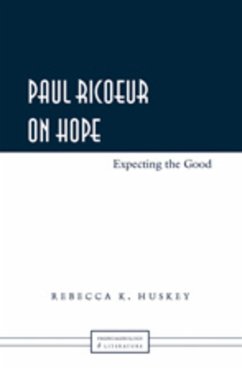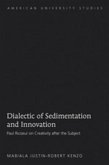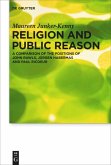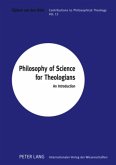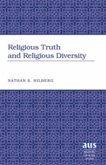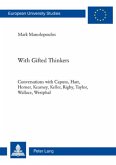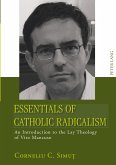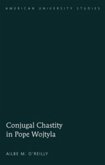In order to examine fully the nature of human beings, Paul Ricoeur crossed disciplinary boundaries in his work, moving from phenomenology to social and political thought, hermeneutics, and ethics. Running throughout Ricoeur's work - particularly Fallible Man, Time and Narrative, Oneself as Another, and his shorter pieces on hermeneutics, ethics, and religion - is a theme of the human capacity for hope. According to Ricoeur, hope is a capacity of expectation, oriented toward some future action, which aims at a good for self and others. The conditions for the possibility of hope are the unity and difference that exist within the self in transcendental, practical, and effective realms, and the self's ability to narrate, which is made possible by the self's existence within, and understanding of, time. Our capacity for hope is understood via the symbols of good and evil found in myths and sacred writings. Furthermore, hope is not limited to those who are religious; atheists may be just as hopeful as the devout. Exploring the nature of hope in Ricoeur's work allows for a greater understanding of hope and a greater ability to cultivate hope in oneself and others.
Bitte wählen Sie Ihr Anliegen aus.
Rechnungen
Retourenschein anfordern
Bestellstatus
Storno

